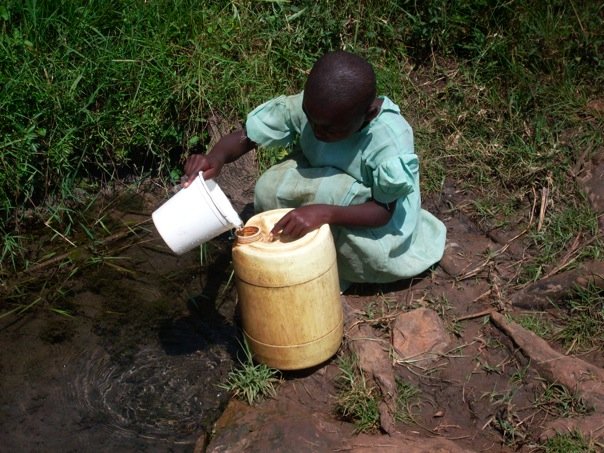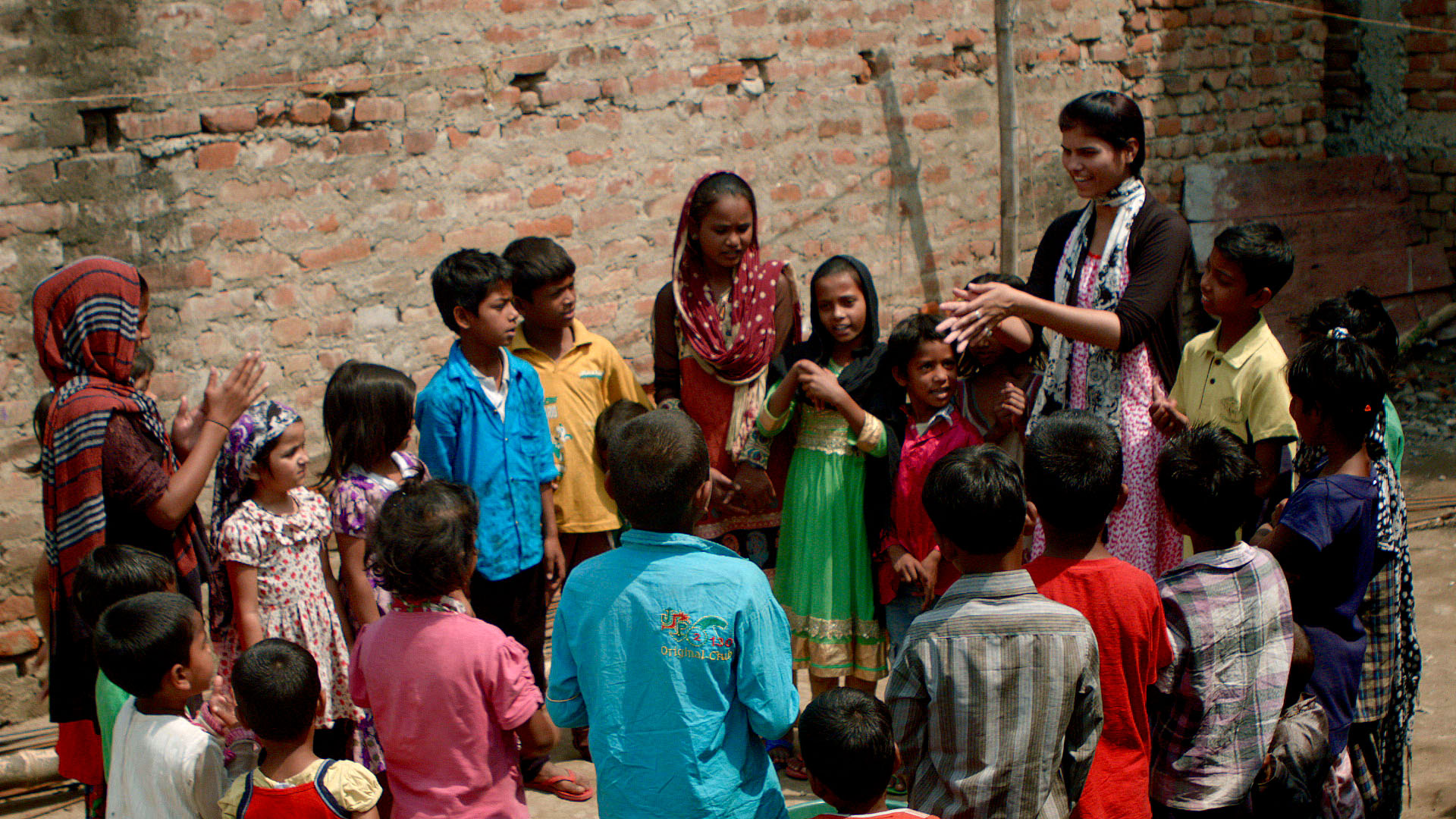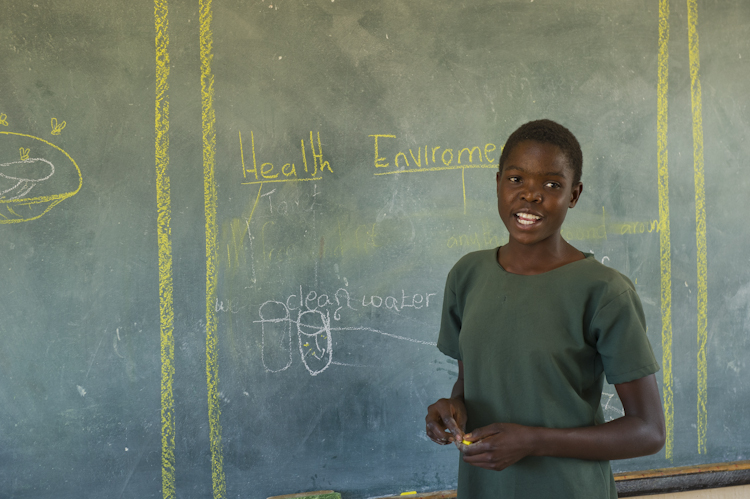WASH: Investing in Women and Girls
|
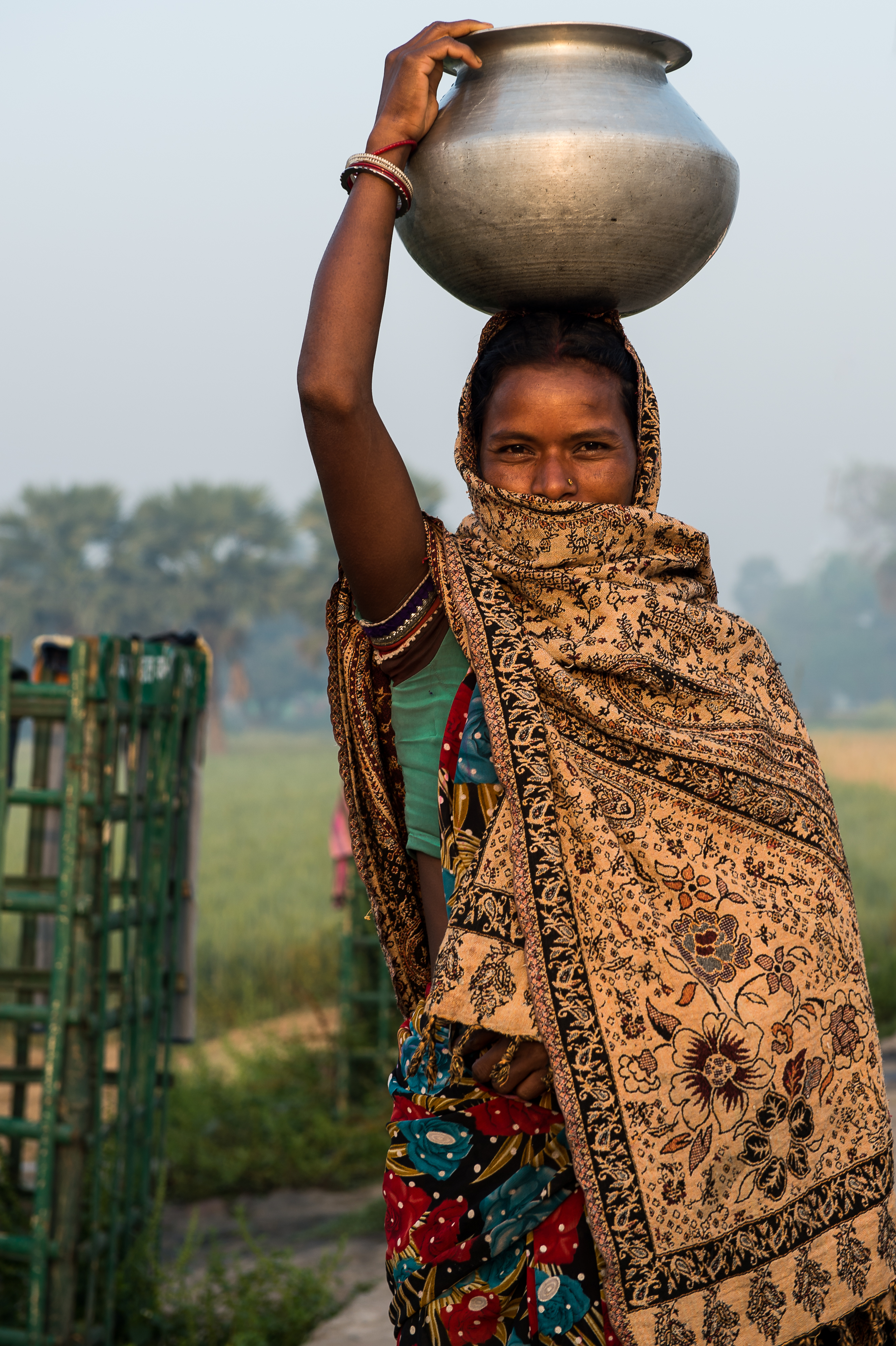
Photo: PATH.
Editor's note: Noni Mungai is DefeatDD's summer intern (ICYMI, we introduced her on Facebook last week), and this is her first blog with us! Congratulations, Noni!
I believe that we cannot address WASH (water, sanitation, and hygiene) without thinking about its impact on girls and women.
At a roundtable on WASH and global health, a participant from Ghana brought up WASH and gender and its importance in the overall conversation. WASH is a gateway for gender equality in developing countries, given that the lack of access holds them back in so many ways, so I was startled that none of the other participants brought up the gender-based implications in relation to WASH and global health.
After the roundtable, I began to think about the unique correlations between WASH and gender. Then, I started to brainstorm how implementing WASH interventions would do women and girls a great service.
Why does WASH particularly affect women?
Disease outbreaks related to poor WASH, including diarrheal diseases, are among the most common causes of morbidity and mortality worldwide. During outbreaks and other health emergencies, women and girls specifically, face difficulties accessing water and sanitation facilities necessary for menstrual hygiene management, healthy births, and overall well-being.
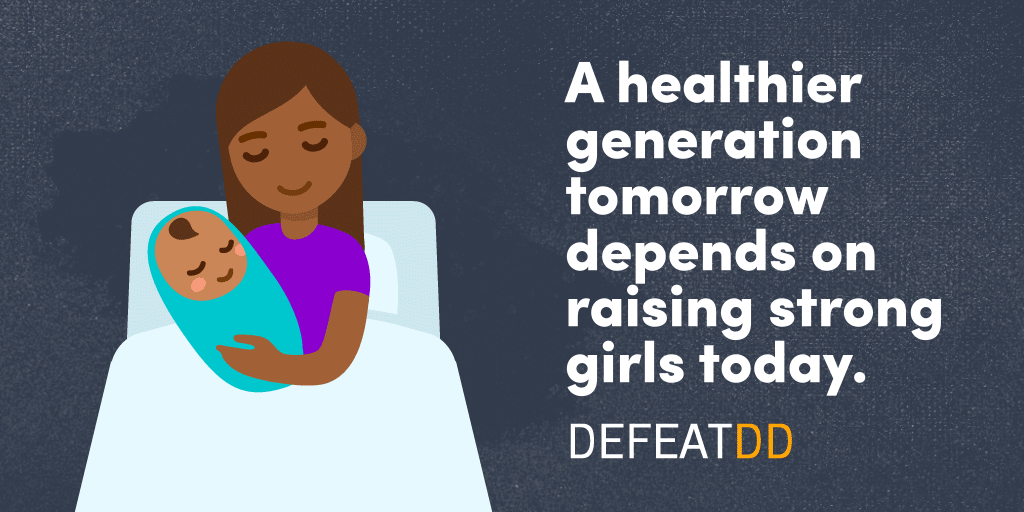
Beyond health emergencies, the everyday burden of poor access to WASH often falls on women in developing nations. According to UNICEF, women and girls spend an estimated 200 million hours collecting water each day. They’re forced to compromise their education, health, and independence to ensure that their families have the resources they need to survive.
Household duties keep many girls out of school. Even when they attend school, they’re relegated to tasks such as water retrieval and household chores. When family members become sick (with diarrhea, for instance), girls are more likely to be kept home to care for their family members. This makes it harder for them to engage in personal activities, or maintain their overall autonomy. WASH alleviates these cultural discrepancies by accelerating economic opportunities (job creation within closer distances) and helps reduce sexual and gender-based violence (girls and women often face harassment when defecating in the open).
Impact of WASH on diarrheal disease
DefeatDD advocates for WASH within in its integrated approach. Diarrhea, the second highest killer of those under the age of five, is especially deadly because children are more susceptible to dehydration. Access to clean water, a component of WASH, is then that much more important as it impacts the lives of children. According to WaterAid, (in a review of nearly 200,000 Demographic and Health Surveys in 26 countries), a 15-minute decrease in one-way walk time to a safe water source is associated with a 41% reduction in diarrhea prevalence, and an 11% reduction in mortality for those under the age of five.
How can WASH have a greater impact?
To make WASH more impactful, we should strategically design these investments to advance the development of girls and women. WASH solutions must prioritize tangible and sustainable gender-based interventions. Possible creative solutions could focus on empowerment or bolstering local businesses to garner more employment opportunities for women WASH entrepreneurs. The bottom line is that WASH empowers whole communities, but especially girls and women, which they have long deserved.









